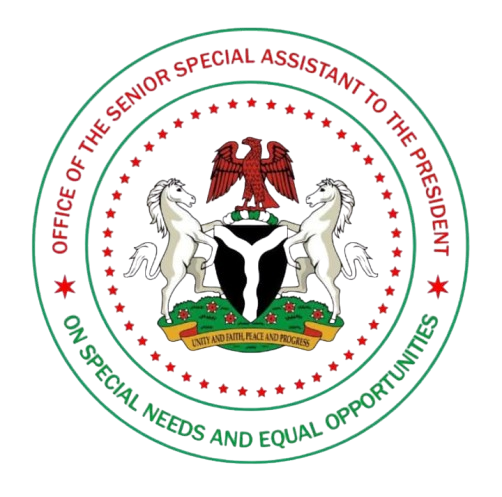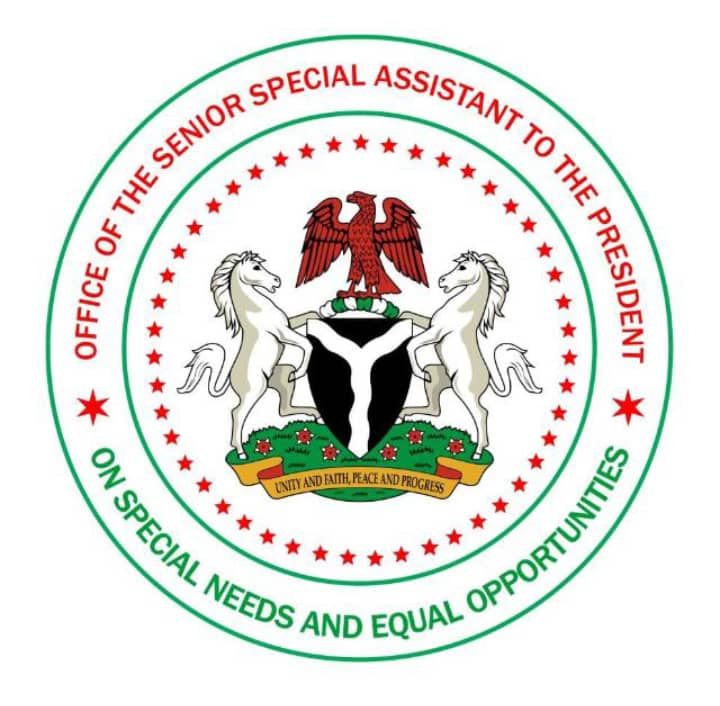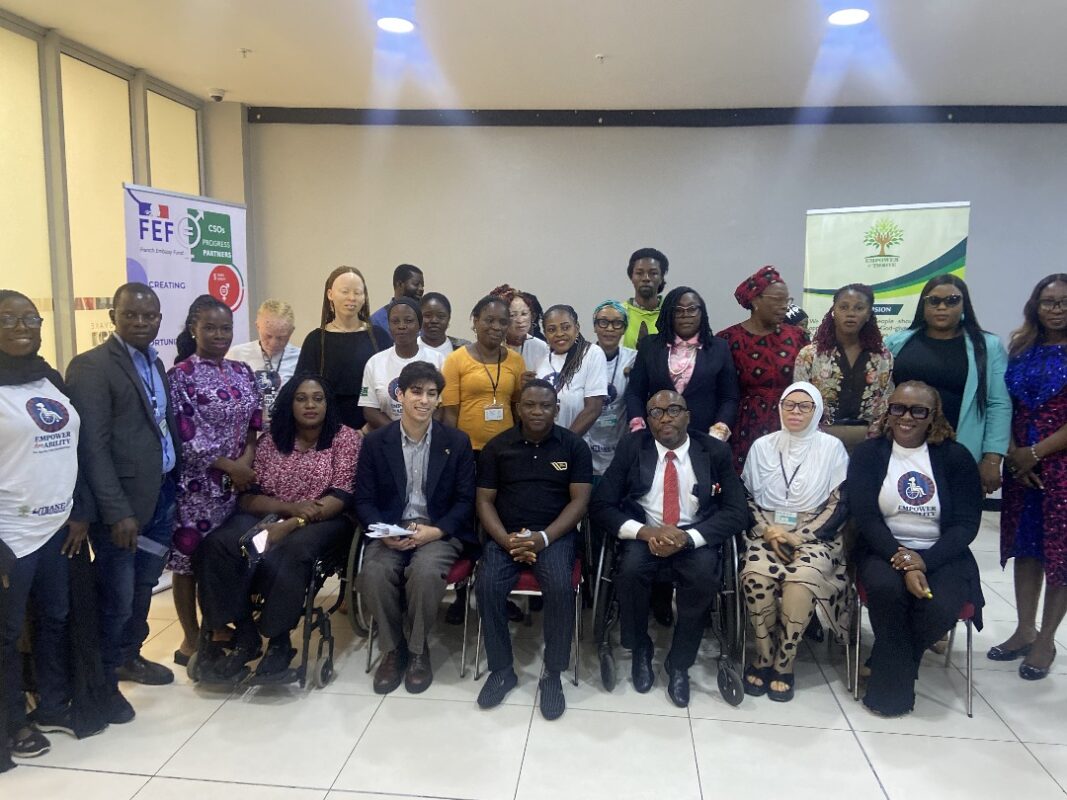By Lanre Oloyede
Senior Special Assistant to the President on Special Needs and Equal Opportunities, Hon. Mohammed Abba Isa, has said that despite the multifaceted challenges faced by women with disabilities, the right policies, targeted interventions, and inclusive partnerships can transform their realities.
Delivering a keynote address on behalf of the Presidency at the Policy Dialogue on Inclusive Economic Empowerment of Women with Disabilities in Nigeria, convened under the Empower Her Ability Project by Empower To Thrive Development Initiative (ETTDI), Abba Isa, who was represented by his Director Media and Communications, Mr Lanre Oloyede, outlined five actionable solutions:
- Mainstreaming Disability-Inclusive Economic Policies – ensuring all government and private sector programs integrate quotas and provisions for women with disabilities.
- Capacity Building and Skills Development – promoting vocational, digital, and entrepreneurial training tailored to their realities.
- Financial Inclusion – prioritizing access to grants, low-interest loans, and microcredit facilities.
- Enabling Environments – investing in accessible workplaces, markets, and digital platforms that eliminate participation barriers.
- Strengthened Representation – guaranteeing women with disabilities a seat at the table in economic decision-making.
He noted that women with disabilities in Nigeria face intersecting barriers, including:
limited access to education and skills training, discrimination in workplaces and markets, exclusion from credit and entrepreneurship programs, and lack of assistive devices and accessible infrastructure.
Commending ETTDI for convening the dialogue, the presidential aide stressed that the administration of President Bola Ahmed Tinubu is committed to disability inclusion through its Renewed Hope Agenda. He cited the ongoing review of the National Social Investment Programmes (NSIP) to improve access for Persons with Disabilities (PWDs), the Student Loan Scheme tailored to accommodate learners with disabilities, and ongoing partnerships with the Federal Ministry of Women Affairs and the National Commission for Persons with Disabilities (NCPWD) to design gender-responsive, disability-inclusive entrepreneurship programs.
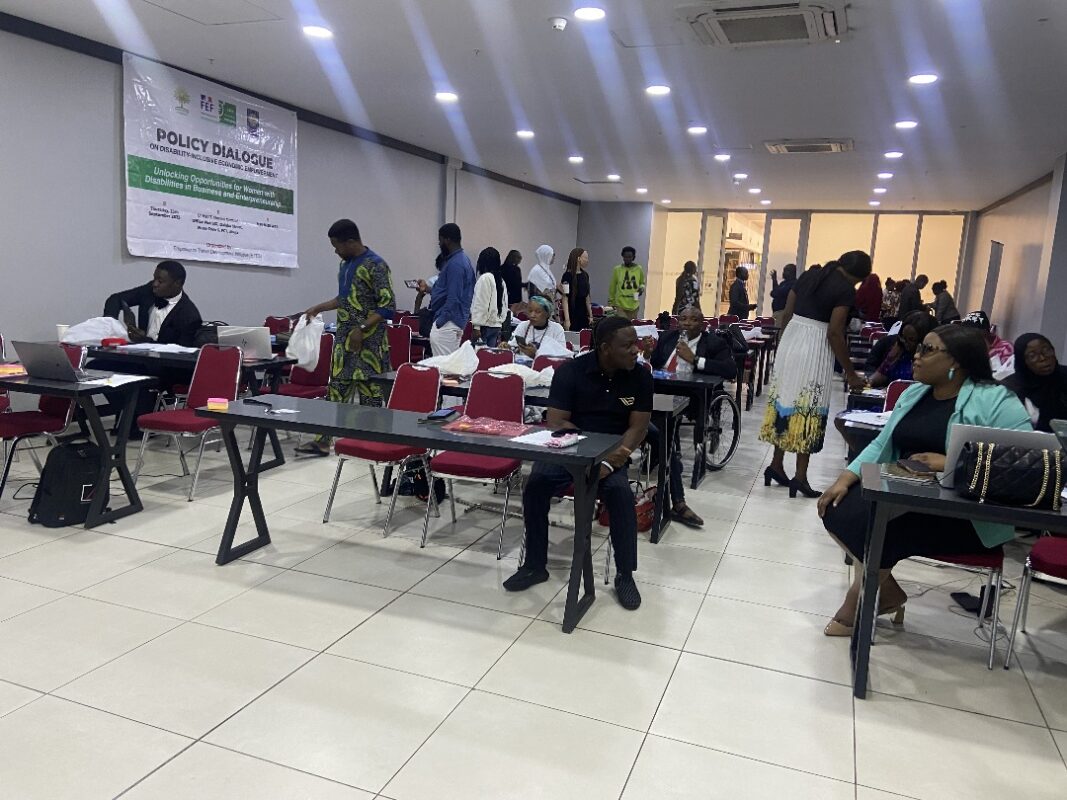
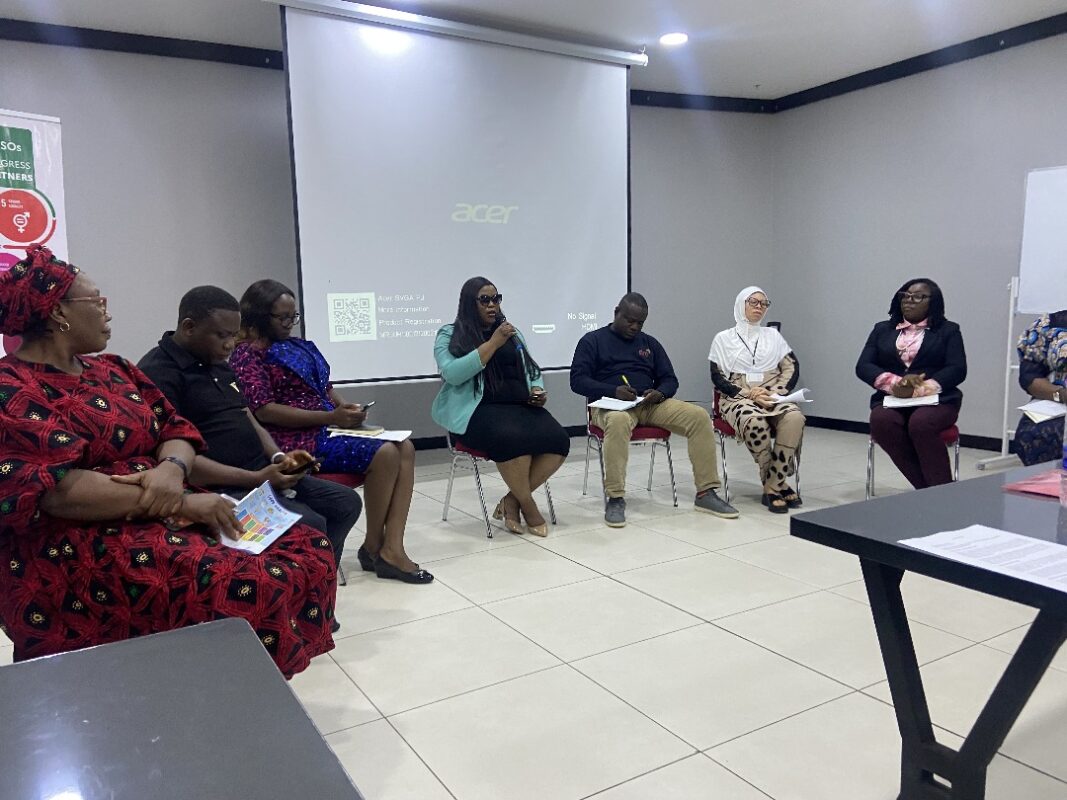
“This dialogue must be a turning point,” Abba Isa urged. “Ideas must translate into policies, and policies into concrete programs that empower women with disabilities as business leaders, job creators, and contributors to Nigeria’s economy.”
In her opening remarks, Dr. Ima Chima, Executive Director of ETTDI, represented by Programme Manager Dr. Olushola Adeoye, emphasized the gap between policy and practice. She noted that although Nigeria has more than 25 million persons with disabilities, women remain doubly marginalized by gender and disability.
“MSMEs account for over 96% of businesses and 84% of jobs in Nigeria, yet women with disabilities are largely absent from this engine of growth,” she said, adding that daily barriers such as credit exclusion, inaccessible training, and persistent stigma hinder their progress.
Highlighting success stories from the Empower Her Ability Project, she stressed that “inclusion is not charity—it is smart economics.”
Representing the Central Bank of Nigeria (CBN), Mr. Amadi Kenneth from the Gender and Special Segments Financial Inclusion Office reaffirmed CBN’s commitment to breaking financial barriers. He cited initiatives such as the Women Entrepreneur Financial Inclusion Growth Program and emphasized the role of digital finance in reaching underserved women with disabilities.
The dialogue also featured testimonies from beneficiaries. Esther Isaac Chidera, a farmer and entrepreneur, said the training had transformed her agribusiness:
“Before this project, I didn’t know how to keep records or separate costs from profit. Today, I track my cash flow, practice bookkeeping, and I’m more confident as an entrepreneur.” She, however, appealed for greater access to land and infrastructure to overcome mobility challenges during farming seasons.
On behalf of the French Embassy in Nigeria, Pierre Louis Bonnel, Programme Officer, linked France’s support to its feminist diplomacy agenda. He praised the initiative as a “virtuous circle” that fosters autonomy and sustainability for women with disabilities.
The event will culminate in the adoption of the Abuja Communiqué on Disability-Inclusive Economic Empowerment, capturing commitments from government, financial institutions, and development partners. Organizers stressed that the communiqué must be a call-to-action, not “another report on a shelf.”
Stakeholders unanimously agreed that the exclusion of women with disabilities is not only a social injustice but also a lost economic opportunity. As Dr. Chima reminded participants:
“If Nigeria is to achieve the Sustainable Development Goals and unlock the full potential of its economy, then women with disabilities must be empowered to participate fully.
